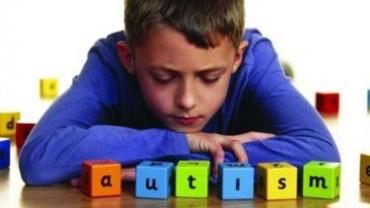
Most gut bacteria are beneficial. They aid in digestion produce vitamins and protect us against harmful bacteria. When there are low levels of beneficial bacteria harmful bacteria can disrupt the microbial balance and excrete dangerous metabolites that can affect the gut as well as rest of the body.
Increasing evidence suggests that children with ASD have altered gut bacteria. It is suspected that gut microbes can alter the levels of neurotransmitter-related metabolites affecting the gut-to-brain communication and alter brain function.
Children with ASD had significantly lower levels of the metabolites homovanillate and NN-dimethylglycine. Homovanillate is the breakdown product of dopamine (a major neurotransmitter) indicating an imbalance in dopamine catabolism. NN-dimethylglycine is a building block for proteins and neurotransmitters. In addition the glutamine/glutamate ratio was significantly higher in children with ASD. Glutamine and glutamate are further metabolized to gamma-aminobutyric acid (GABA). An imbalance between glutamate and GABA transmission has been associated with ASD-like behaviors such as hyper-excitation.
The correlation between gut bacteria and neurotransmitter-related metabolites are factors that provide a better understanding of the interaction between gut bacteria and autism which may provide potential targets for the treatment and diagnosis of children with ASD.
Using functional laboratory testing such as urinary organic acids and a comprehensive stool analysis we can measure homovanillate and other urinary metabolites as well as obtain a snapshot of the gut microbiota and provide an individualized targeted approach to each patient.
There are great multipanel profiles (organic acid fatty acid IgG food antibody amino acid testing) that can help assess your patients nutritional and metabolic health. Patient-specific supplement recommendations can then be made based on the individual test results.
For a closer look at lab testing with young patients please listen to our Clinical Rounds call from April 10 2013: Kids Functional Testing and Positive Results Monica Montag MA HHP CN